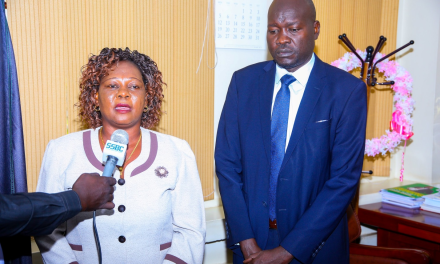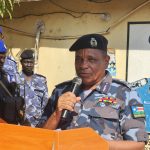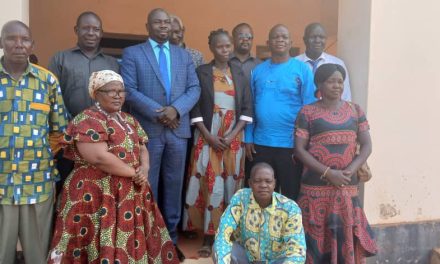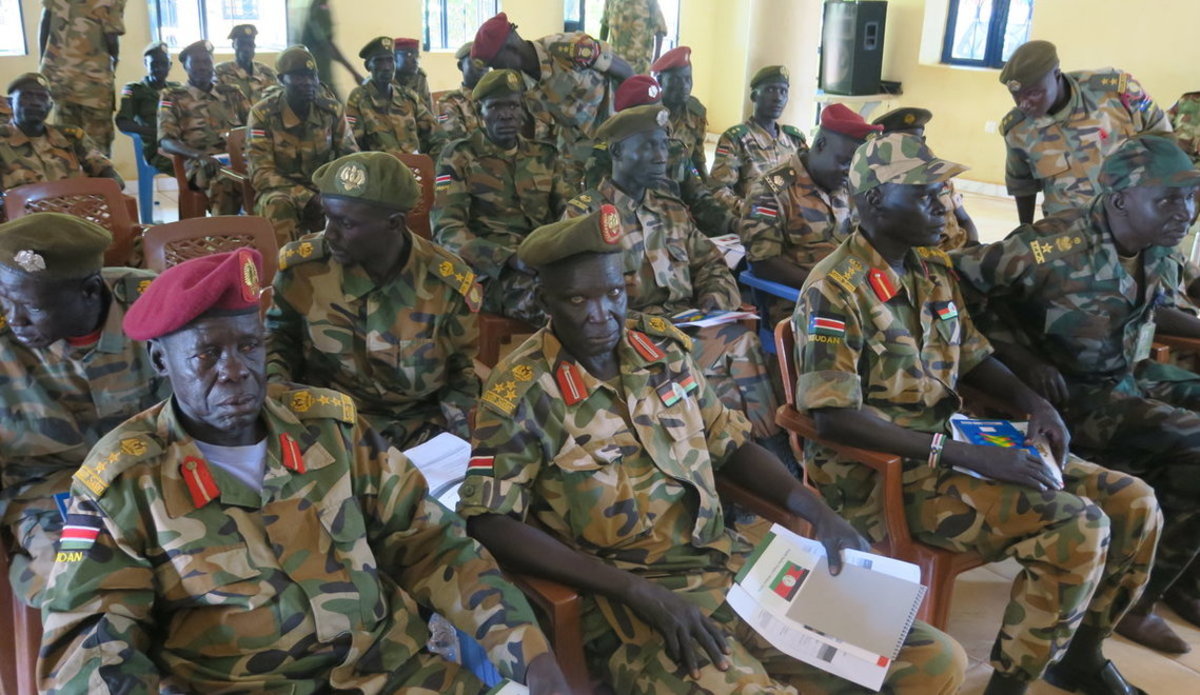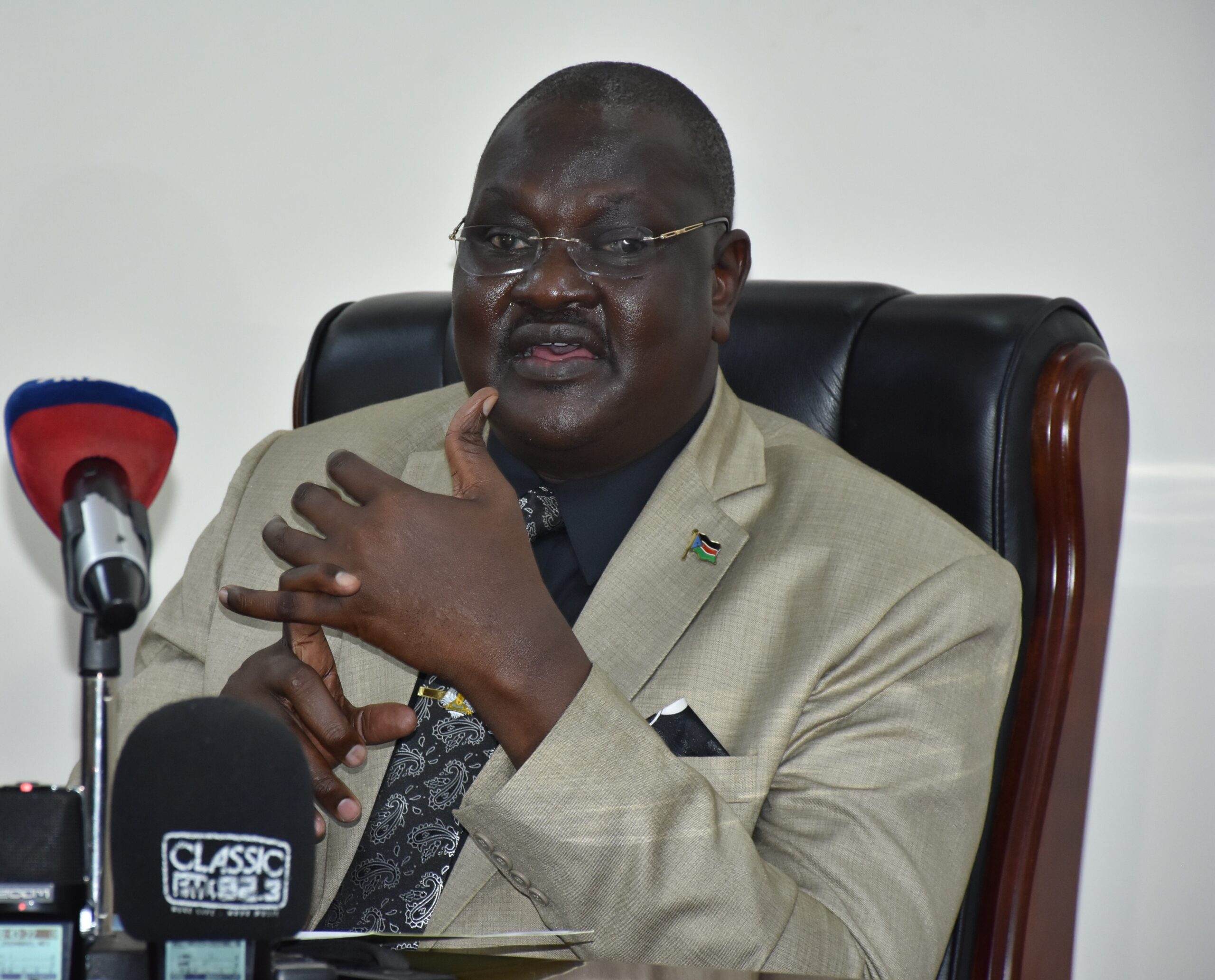
After years of war, South Sudanese pin hopes on elections
South Sudanese have pinned hopes on the upcoming elections scheduled for December 2024 as they celebrated the 12th Independence Day anniversary on Sunday.
The youngest nation experienced short-lived peace after it won independence on July 9, 2011 from neighboring Sudan before a political dispute between President Salva Kiir and his then deputy Riek Machar plunged the country into war in December 2013.
Deng Akon, a 52- year-old business man in Juba town, told Juba Echo that the parties to the 2018 revitalized peace agreement should speed up implementation of the pending peace tasks to pave way for credible, free and fair elections.
“This time around the parties to the peace agreement should implement the pending tasks in letter and spirit; there is no need to go back to war. We call upon the leadership to take us toward peaceful and democratic elections,” Akon said in Juba.
“Our independence came after a long struggle and it is a great pride for all South Sudanese, we have faced numerous difficulties but we hope with the current transitional period will lead us to prosperity,” he added.
Nicholas Haysom, Special Representative of the Secretary-General and Head of the UN peacekeeping mission in South Sudan (UNMISS) in March, said that 2023 is a “make or break” year for South Sudan’s bumpy peace process.
Haysom encouraged the parties in the transitional unity government to step up efforts to fully implement outstanding issues such as enactment of the permanent constitution, enactment of electoral laws and establishment of electoral institutions.
He urged the parties to expedite the critical constitutional-making process and the elections’ planning, including the full implementation of the security arrangements.
Kakole Suzan, a 45-year-old mother of four who sells vegetables in the busy Konyokonyo market, said she hopes elections will translate into improved economic fortunes for citizens after enduring years of economic hardship caused by conflict.
The South Sudanese Pound (SSP) continues to depreciate against the U.S dollar as it is exchanging 100 SSP for 1 dollar in the parallel market; the highest rate when compared to about 2 SSP in 2012.
“The upcoming elections at the end of the transitional period is the only hope for us to be in peace and also improve our livelihoods, let the peace implementation be smooth so that we elect a new leader and forget about the peace agreement that often come after devastating conflicts,” Suzan said.
Abraham Maliet, an economist said South Sudan needs international support to help it resolve the prevailing economic crisis.
“South Sudan must have international connections, we have to work for the interest of our country, we have to map out all our resources in this country and utilize them for the benefit of our independence,” he said.
He warned of hard times ahead if the government does not come up with a proper fiscal and monetary policy to stabilize the ailing economy which is reeling from years of over reliance on crude oil.
“You have to have fiscal and monetary policies that are clear, without a system we should not move anywhere. The dollar hit 100 SSP in May 2023 and it is likely to continue, if we do not do anything by the end of this year the SSP will be trading at 150 SSP with the dollar,” Maliet said.
Abraham Kuol Nyuon, the dean of the school of social and economic studies at the University of Juba, said South Sudanese leaders have dashed the hopes that many citizens had on the eve of Independence Day in 2011.
“I do not think the expectations of people of South Sudan have been met because of political instability, all people were expecting to be prospering. Independence has become a source of suppression of the voices of individuals, it has become promotion of tribalism and it has also become a means for few individual leaders to be able to keep themselves in power,” Nyuon said.
“All the focus should be put on the 2024 elections, they (leaders) must create conducive environment for the political parties to be able to campaign and they need also to make sure government legitimacy is renewed through elections,” he added.
During his address to the nation on Saturday, President Salva Kiir said that the deployment of the first batch of unified forces depends on the parties resolving the deadlock on mid-level command structures of security forces.
He said that the parties have already resolved ratios of the command structure of the prisons service and civil defense force.
“Much work has been done in this area with agreement reached in the command structure of the prison service and civil defense force. What remain to be resolved are mid-level command structures for other organized forces, and as soon as this is done, the deployment of the already trained unified forces will follow preparations for the training of the second batch of the unified forces,” Kiir said.


